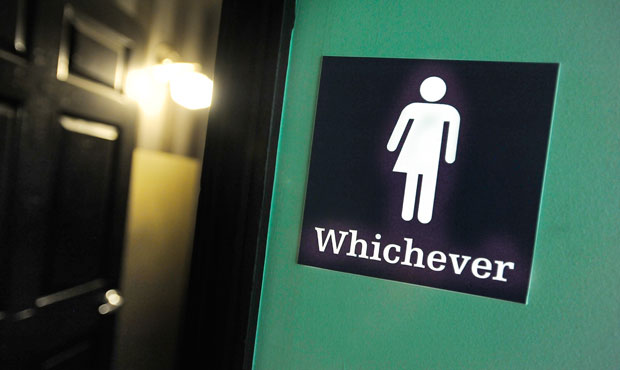Is Seattle planning to tax Uber, Lyft rides to pay for transit and homeless?
Jan 21, 2019, 6:02 PM

(AP)
(AP)
An unidentified market research company surveyed Seattle residents about their support of potential city council legislation to tax ride share companies, to help “raise millions” for local transit, homeless services, and health benefits for rideshare drivers, according to sources familiar with the work.
RELATED: Rideshare, bike numbers spike in Seattle during Viadoom
Completed late last month, the survey additionally sought a “favorability rating” of the city council and mayor.
One respondent who didn’t want to be identified was positive on both.
“I gave them both good marks,” the person said with a laugh. “I might be in the minority in that assessment.”
Sources said that while officials in Seattle City Hall knew about the research, the mayor’s office neither commissioned nor paid for the survey. And the existence of the survey does not necessarily mean the mayor’s office or the city council will pursue legislation, especially given that seven out of nine total council seats are up for election in 2019.
Oftentimes in polls like this, a third party is tasked with issuing the poll — in some cases, it could be a union friendly to city council. The union will then do a poll on their own issues, and then add in questions about the policy as requested by the city.
According to two respondents and others familiar with the question, the focus of the survey was to gauge the mood about a potential city council legislation tax on rideshare companies, with Uber mentioned specifically by name.
Such a measure would fall under the umbrella of congestion pricing, something that’s proven controversial both in Seattle and on a statewide level.
The survey questioner noted that Uber accounted for 10 percent of the traffic in downtown on any given day before asking about the tax.
RELATED: Uber advocating for downtown Seattle tolling
While it is unclear if any possible fee would be levied on drivers, rides or both, the questioner asked if the respondent would favor a tax that would “bring in millions” for three specific programs: Mass transit and the trolley, low-cost housing for the homeless, and medical care for Uber divers, one respondent said.
Additionally, the surveyors asked if negative response ads about the tax, and ads that describe the tax as stifling innovation, would affect the respondent’s support of such a tax.
“I told them ‘No,'” one respondent said. “I would not mind seeing Uber get taxed.”
It’s worth noting that it’s not clear what specifically a tax would be directed at, whether it’s a tax on Lyft and Uber rides specifically, the companies themselves, or some combination of both.













